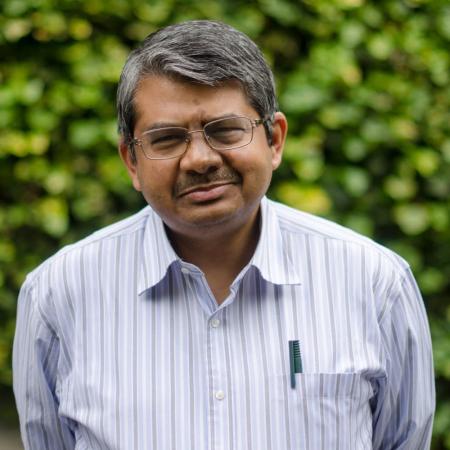Layering Ideas and the Tipping Point: A Conjecture About State Capacity in India
3600 Market Street, Suite 560 (5th floor)
University of Pennsylvania
Philadelphia, PA 19104
About the Speaker:
Rahul Mukherji is Professor and Head of the Department of Political Science, South Asia Institute, Heidelberg Universität. He has previously taught at the National University of Singapore, Jawaharlal Nehru University (New Delhi), Hunter College - City University of New York and the University of Vermont (USA). His two most recent books include: Globalization and Deregulation: Ideas, Interests and Institutional Change in India (OUP, 2014) and The Oxford India Short Introduction to the Political Economy of Reforms in India (2014). Rahul serves on the boards of journals such as Governance, Pacific Affairs, India Review and Bandung: Journal of the Global South.
About the Lecture:
State capacity is the function both of ideas within the techno-bureaucratic elite and political will that produce a moral purpose of the state in India. Political will is manifested when the political CEO as chief minister is able to expend considerable political resources toward a particular end. The techno-bureaucracy, on the other hand, may successfully propose citizen-serving programs as being politically expedient as well. How understandings between the political CEO and the techno-bureaucracy combine politics with welfare provision lies at the heart of state capacity. This moral purpose often arises largely endogenously in the form of a tipping point. Trajectories toward and away from clientelism arise in a layered, path-dependent fashion. Prof. Mukherji will provide empirical validation for this argument by comparing the success of the right to work in the province of Andhra Pradesh with the lack thereof in communist ruled West Bengal. Communist-ruled West Bengal is a tough case for explaining the failure of the Mahatma Gandhi National Rural Employment Guarantee Scheme (MGNREGS). Its success in centre-left Congress Party ruled Andhra Pradesh is equally surprising in terms of our conventional understanding of the relationship between party ideology and welfare provision in India. An understanding of state capacity has, therefore, to take ideas and relationships between the techno-bureaucratic elite and the political executive in India more seriously.

